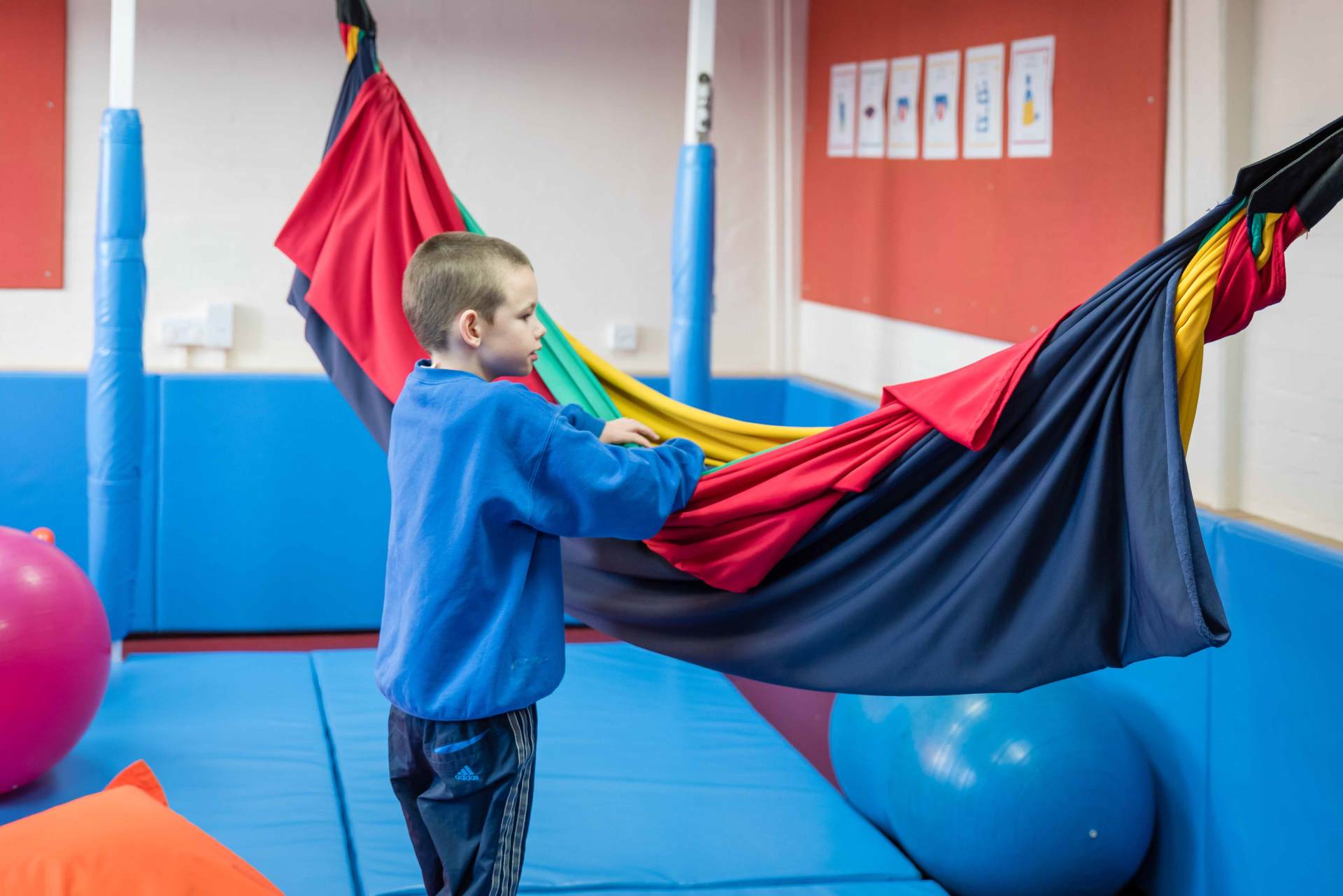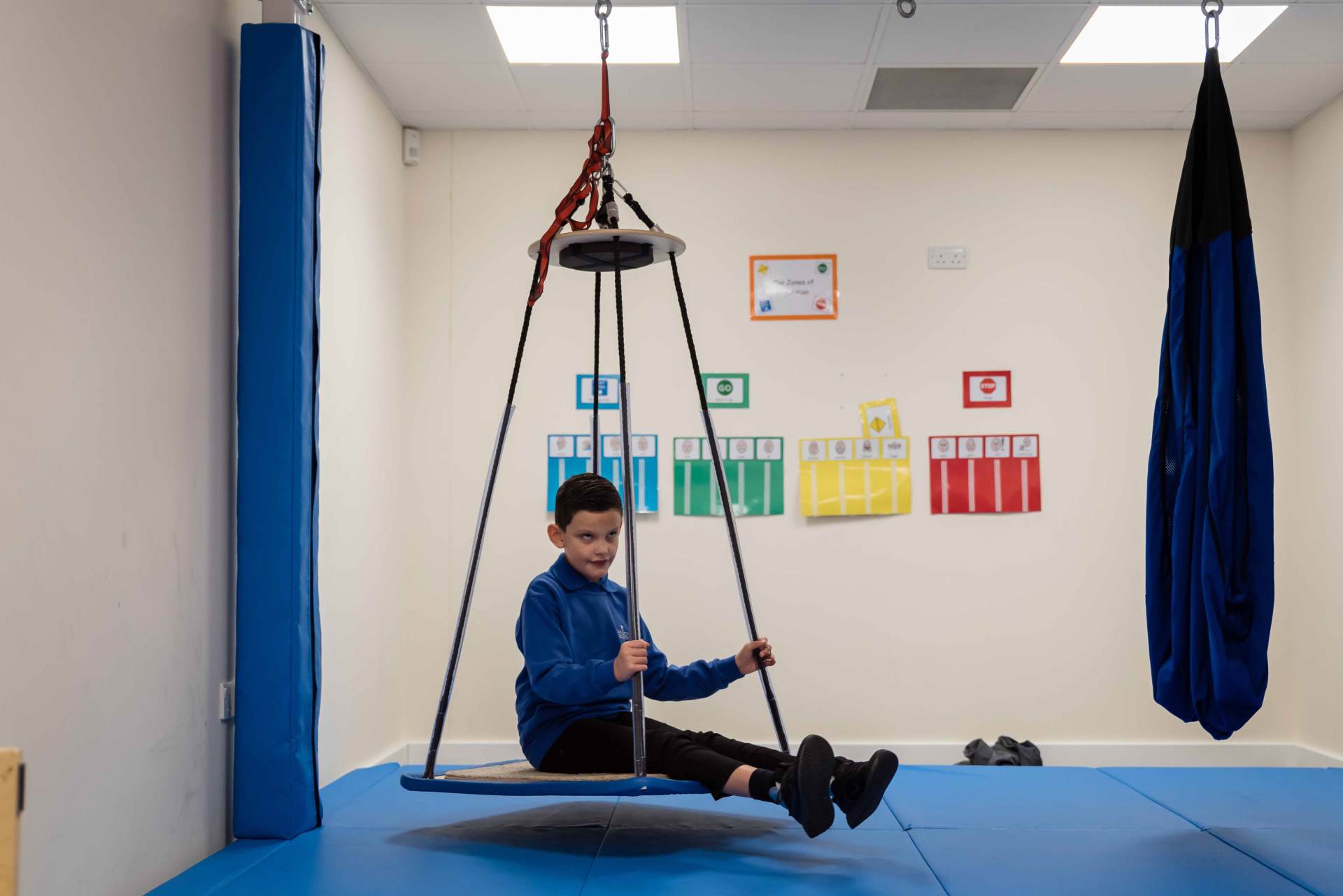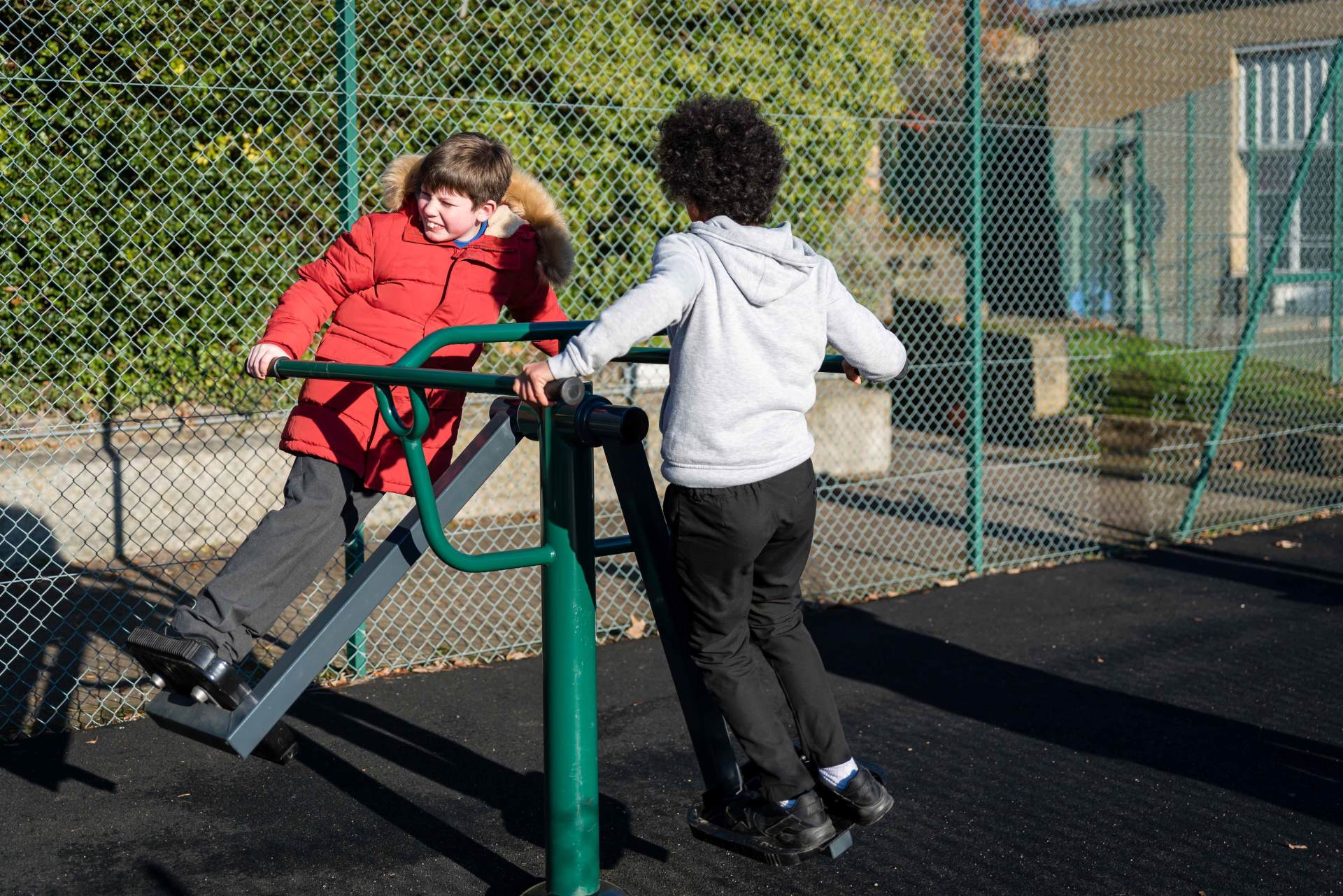Learning Strategies
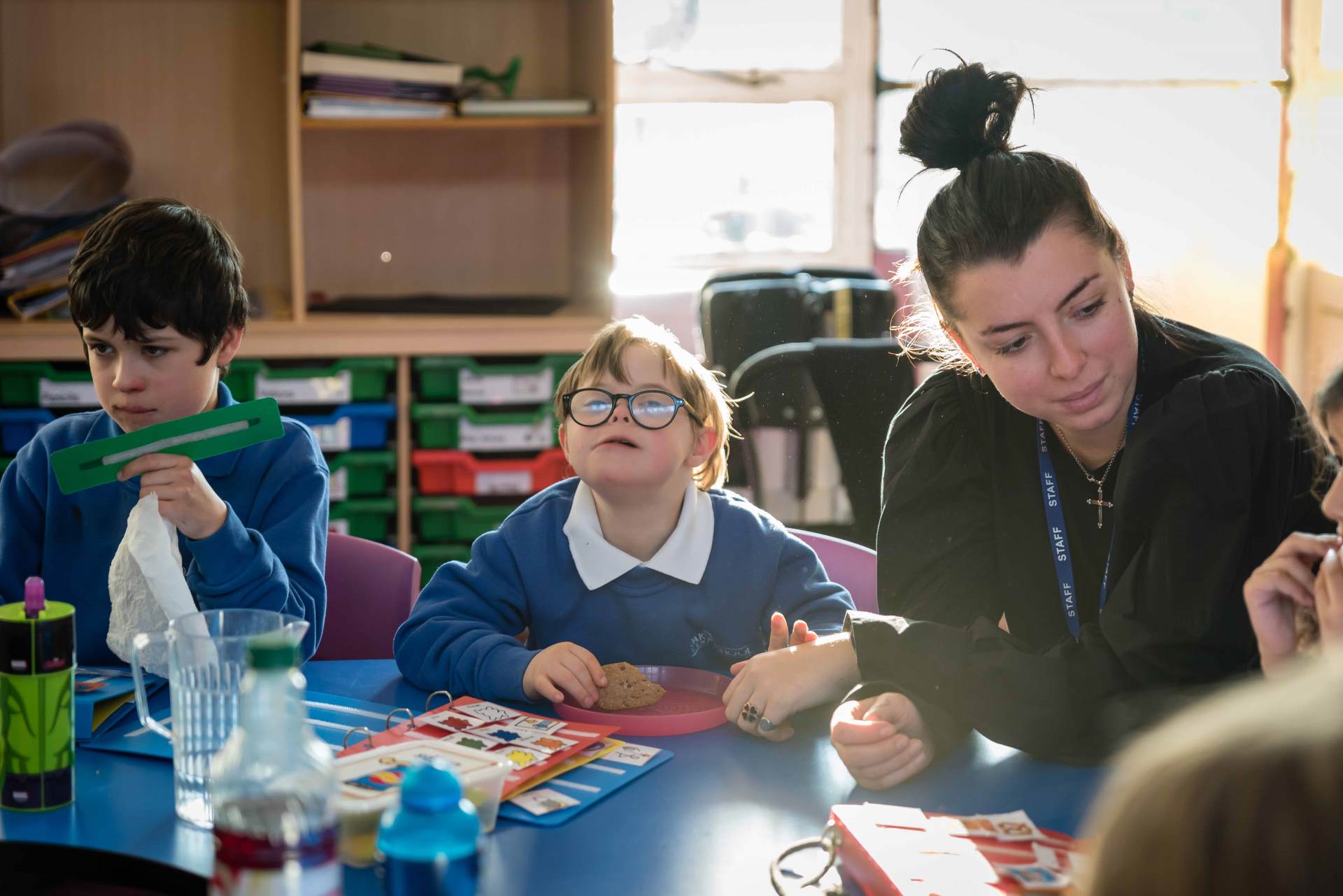
Alongside a highly differentiated curriculum, Oak View School also utilises specific strategies to support our pupils with their learning.
These include:
Attention Autism
Attention Autism is a specific intervention approach for children with autism, developed by Gina Davies, a Speech and Language Therapist. It focuses on improving attention, communication, and social interaction skills through visually engaging and highly motivating activities. The approach emphasizes creating an "irresistible invitation to learn" by using engaging and fun experiences.
PRICE (Protecting Rights In a Caring Environment) and TPP ( Trauma Perceptive Practice)
 |
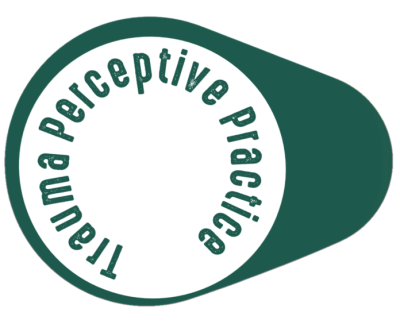 |
PRICE Training equips teaching and support staff with the knowledge, skills and confidence to understand and safely respond to situations where the behaviour of individuals or groups is impeding the learning opportunity of others as well as circumstances that escalate to a situation that requires immediate action to be taken to protect both the safety of pupils and teaching staff.
With a knowledge base rooted in Positive Behaviour Support and trauma informed practice, PRICE is a person-centred framework that recognises the importance of promoting dignity, choice and inclusion for those being supported.
Trauma-perceptive practice (TPP), in the context of Essex schools, is a framework for understanding and supporting the emotional well-being of children and young people, especially those who may have experienced trauma. It emphasizes the importance of understanding behavior as a communication and promoting a shift in mindset from blame to compassion and connection.
Zones of Regulation
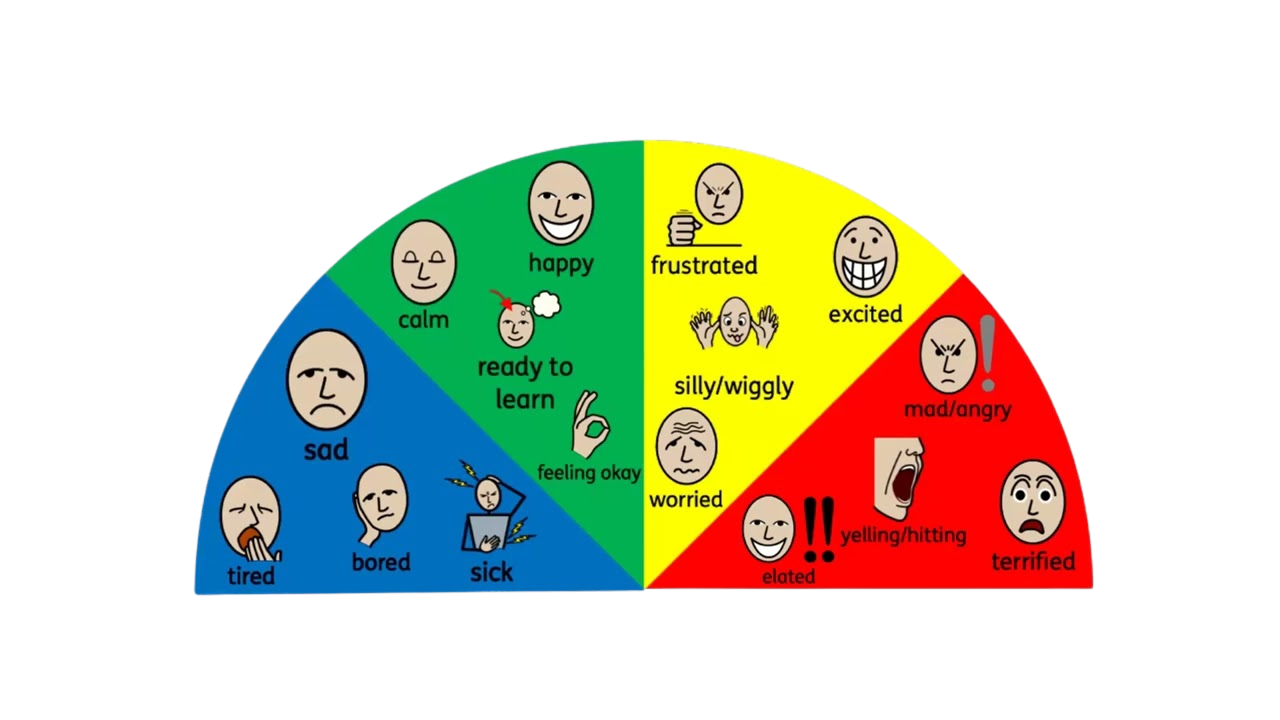 Our behaviour management strategies are underpinned by the Zones of Regulation and our understanding of emotional and sensory regulation.
Our behaviour management strategies are underpinned by the Zones of Regulation and our understanding of emotional and sensory regulation.
The framework uses four colours to help students identify how they are feeling alongside their level of alertness, as well as guiding them to strategies to support regulation.
Play
Play is fundamental to all children’s development. It develops social and interactive skills, critical thinking and cognitive skills, confidence, creativity and fine and gross motor skills. Play allows pupils to learn real life skills by acting them out.
This includes: structured or unstructured play with adults or peers. Messy, sensory, exploratory play. Make believe, imaginative, expressive and constructive play.
TACPAC
Sensory communication using touch and music to align the senses and develop communication skills and body awareness.
SCERTS

We recognise Social Communication Emotional Regulation and Transactional Supports to be learning priorities for many of our pupils and apply the Key Principles
- Developing spontaneous functional Communication
- Developmentally appropriate goals and activities that maximize success and independence
- Learning in functional contexts, using natural routines of the day
- All behaviour has a purpose
- Continuously developing the role of us as professionals; as social partners are we helping or hindering?
We use the SCERTS developmental model ( Social partner, Language Partner, Conversational Partner) to inform which strategies we use with which pupils. This is formalised in our Curriculum within our Learning Landscapes
Social Stories
Social Stories were created by Carol Gray in 1991. They are short descriptions of a particular situation, event or activity, which include specific information about what to expect in that situation and why. At Oak View, they are used to;
-
develop self-care skills (for example, how to clean teeth, wash hands or get dressed), social skills (for example, sharing, asking for help, saying thank you, interrupting) and academic abilities
-
help someone to understand how others might behave or respond in a particular situation
-
help others understand the perspective of an autistic person and why they may respond or behave in a particular way
-
help a person to cope with changes to routine and unexpected or distressing events (for example, absence of teacher, moving house, thunderstorms)
Muddy Woods
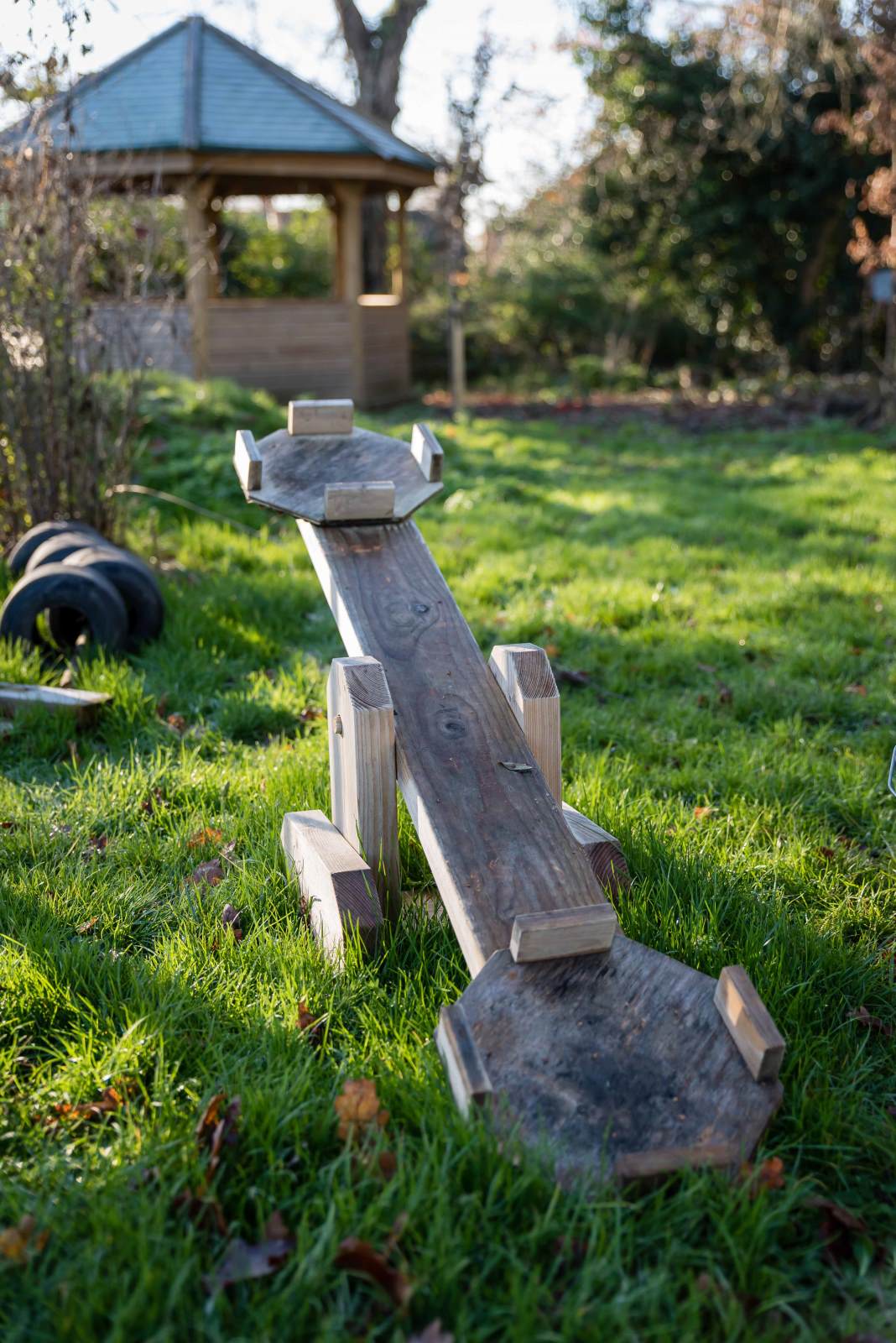 At Oak View we value an enriched curriculum including learning beyond the classroom. Our Muddy Woods is a child centered outdoor space offering pupils` the opportunity to learn through exploration and discovery of the natural world.
At Oak View we value an enriched curriculum including learning beyond the classroom. Our Muddy Woods is a child centered outdoor space offering pupils` the opportunity to learn through exploration and discovery of the natural world.
The benefits of learning beyond the classroom include,
- Develop Confidence
- Improves Resilience
- Encourages Physical Wellbeing
- Improves Empathy
- Appreciation of the Natural World
- Holistic Learning
- Improves Physical Wellbeing & Motor Development
Emotional Regulation Plans
At Oak View we value and view all behaviour as communication. We want pupils to develop independence and autonomy. We support pupils by writing an Emotional regulation Plan based on information from caregivers and their family, Teachers and staff who know the child well and external agencies who may work with the child. Each plan is tailored to each pupil and helps them understand their behaviours.
The plan supports both adults and pupils in recognising behaviours before they reach crisis so they can learn to manage and prevent incidents.
Sensory Integration Strategies
Sensory integration is a set of physical activities that help a child with sensory processing difficulties. These are tailored to each pupil and take place in class, in the S.I. rooms or around the school. These activities help a child become settled and ready to learn.
Modified TEACCH approach

This approach involves:
• focusing on the child, their skills, interests and needs.
• being flexible and teaching flexibility.
• Structuring the physical environment.
• Using visual supports to make the sequence of daily activities predictable and understandable
Colourful Semantics
Developing children’s understanding of words and structure through social communication using colour-coded sentences.
AAC (augmentative and alternative communication)
A wide range of tools that support and develop communication. Including: communication books, photos and symbols, PECS, objects of reference, communication boards and books, talking switches, talking books, iPads, gestures, signing, symbols, body language, eye-pointing, facial expressions, vocalisations.
Intensive Interaction
Intensive Interaction develops early interaction skills and fosters an enjoyment of interaction. It is based on developing the fundamental skills for communication. It supports the development of relationships and is invaluable at reaching pupil's who find communication challenging.
Other Strategies
- Matching activities
- Sequencing activities
- Word maps
- Phonics sessions
- Bag books & Sensory Stories
- Book sharing & Storytelling
- Braille
- Choosing activities
- Functional use of language (Recipes, shopping lists, cafes menus)

- Singing, playing instruments
- Experiencing rhyme and rhythm
- Music games
- Lego Therapy
- Switch toys
- Social Stories
- Writing and mark making (art, fingers brushes)
- Fine and gross motor skill development

